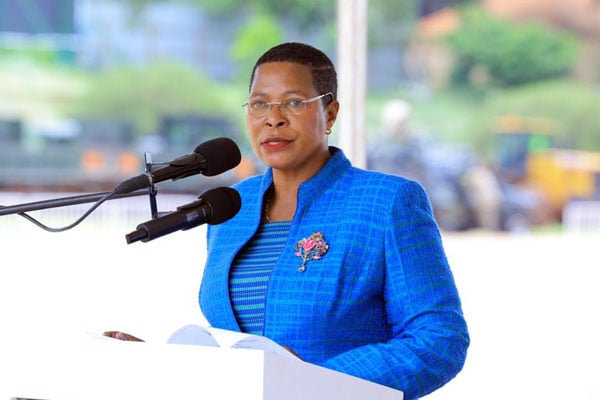Little progress on police performance and conduct

Ms Isabella Bwiire works with Foundation for Human Rights Initiative.
When one broadly looks at the successes of the process of police reform, one would also have to acknowledge that there has been a basic shift in the nature of policing in Uganda. Policing is carried out with a greater restraint than was the case in the past. It is difficult to describe exactly what this shift amounts to but I can clearly state that policing has changed. In understanding this, one needs to look at a combination of factors, especially the deepest levels the transition to democracy, which is based in the Constitution.
Despite the fact that the process of reform has in some ways been successful and earned them some respect based on expectation that the police will adhere to certain standards of service, there are some limitations to the process of police reforms which are undermining the process including:
The little emphasis on establishing and maintaining a basic system of monitoring the performance and conduct of the police. Without ability to monitor their own performance it is difficult for the police to identify what their own weaknesses are and how to improve them. It is similarly also very difficult for external bodies to hold the police accountable as the police cannot provide meaningful answers to the key questions about their performance or conduct. In Uganda what has happened instead is that, partly as a result of public anxieties about crime, and media attention on the issue, a lot of energy has been put into improving systems for recording crime statistics.
But information on crime is only a part of the information that one needs to analyze the police effectively. On questions about conduct or performance, no one can give concrete answers. Questions about the standards of conduct, which are expected of police, have not been dealt with in the reform process. The key problem appears to be that the new frameworks for improving conduct of police have not been integrated with measures designed to improve performance. Questions to do with human rights have been presented to police as something additional to their work rather than presented to them in a way which is integrated with training or other support related to the carrying out their basic functions effectively.
While human rights training and code of conduct have been introduced, standards of conduct, which are expected of police, have not been presented to police in a way which is directly meaningful to them.
Questions on basic integrity are dealt with as something separate from human rights. As a result, police themselves, and in fact their leadership, find it difficult to identify with the new principles regarding the standards of conduct which are expected of the Force.
The basic weaknesses of the reform process in Uganda is that at the initial stages of the process, there was not a recognition that basic improvement in service delivery are fundamental to the process of police reform. And if one looks at the policies which are developed and guided the reform process, you see that they all deal with ‘big issues’ such as community policing, human rights , racial representative, victim empowerment etc. However, police reform is not only about these ‘big ideas’, but also about the Force fundamentally learning to carry out their basic responsibilities.
So while these ‘big ideas’ are essential to police reforms, they will only really be of value if they are underpinned by detailed attention to ensuring that the police organisation has proper systems of management, supervision, and discipline, which will improve their ability to analyse information about crime and the performance and conduct of its own members. And these management systems are used to communicate with members of the police service in a very simple way about basic standards of service which they are expected to provide to people and about the acceptable conducts they are supposed to adhere to. Therefore, policing, which is to win peoples respect, has to be policing which not only treats people with respect, but also earns respect from people.
Ms Bwiire works with Foundation for Human Rights Initiative.




